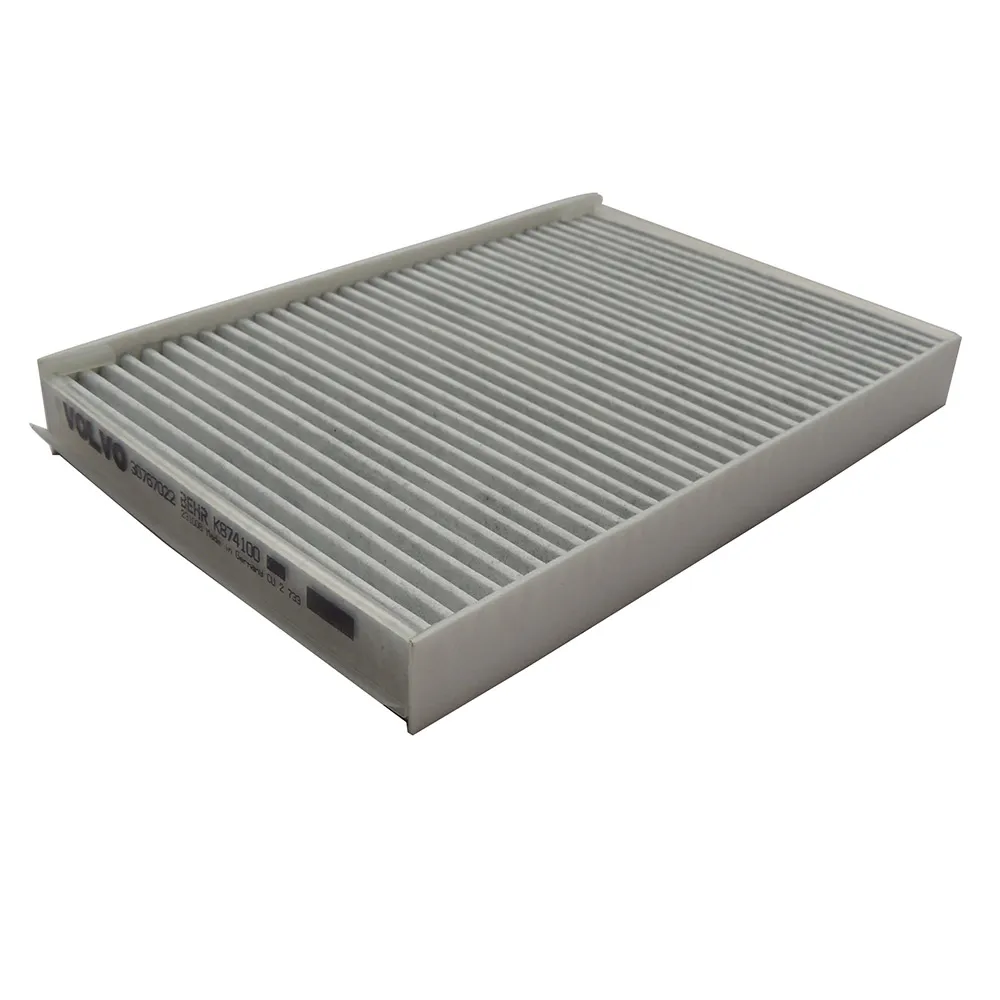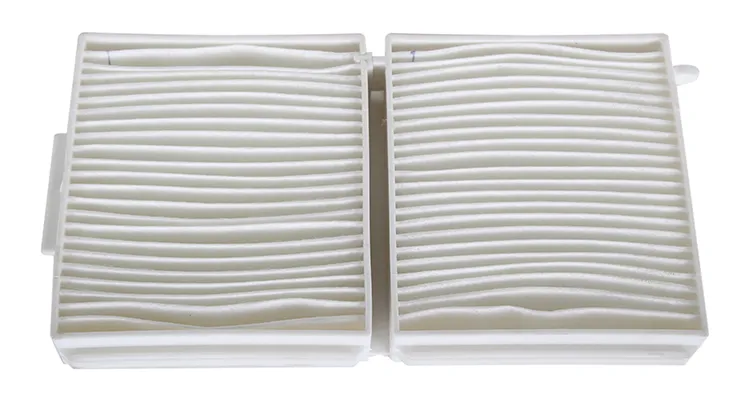
Paragraph Overview:
- Impact of Contaminated Filters on Engine Performance
- Technical Advantages of Modern Filtration Systems
- Comparative Analysis of Leading Filter Manufacturers
- Custom Solutions for Diverse Automotive Needs
- Real-World Applications and Cost-Saving Case Studies
- Best Practices for Filter Maintenance and Replacement
- Why Addressing a Dirty Engine Filter Matters Long-Term

(dirty engine filter)
How a Dirty Engine Filter Compromises Vehicle Efficiency
A dirty engine air filter reduces airflow by up to 60%, forcing engines to work harder. Studies show that clogged filters can increase fuel consumption by 10% and accelerate wear on critical components like pistons and cylinders. For instance, engines operating with restricted airflow experience a 15% drop in horsepower, directly impacting acceleration and load capacity.
Technical Innovations in Filtration Design
Advanced filters now integrate multi-layered synthetic media, capturing 99.5% of particles as small as 5 microns. Unlike traditional cellulose filters, these designs maintain airflow even under heavy contamination. Key features include:
- Hydrophobic coatings to repel moisture and oil.
- Pleated configurations increasing surface area by 300%.
- Rigid outer shells preventing collapse under pressure.
Manufacturer Performance Comparison
| Brand | Filtration Efficiency | Price Range | Lifespan (months) |
|---|---|---|---|
| Brand A | 98.7% | $25-$40 | 12 |
| Brand B | 99.1% | $30-$50 | 18 |
| Brand C | 97.9% | $20-$35 | 9 |
Tailored Filtration Systems for Specific Use Cases
Customization addresses unique challenges:
- High-Dust Environments: Dual-stage filters with pre-cleaners for agricultural machinery.
- Cold Climates: Heated filter housings to prevent icing in sub-zero temperatures.
- Performance Vehicles: Low-restriction racing filters balancing airflow and particle capture.
Documented Results from Filter Upgrades
A fleet of 50 trucks reduced maintenance costs by 22% after switching to high-efficiency filters. Particulate emissions dropped by 18.7% within six months, complying with EPA Tier 4 standards. In passenger vehicles, drivers reported 8-12% improvement in fuel economy post-filter replacement.
Proactive Maintenance Strategies
Inspect filters every 5,000 miles under normal conditions or 3,000 miles in dusty areas. Use pressure differential gauges to measure airflow resistance—replace filters when pressure drop exceeds 25 inches of water. Always verify seal integrity to prevent bypass contamination.
Long-Term Benefits of Resolving Dirty Cabin Filter Issues
Addressing both dirty engine filter
s and cabin air filters extends vehicle lifespan by 2-3 years on average. Proper maintenance prevents 85% of engine-related breakdowns and maintains cabin air quality below 12 µg/m³ of PM2.5, meeting WHO safety thresholds.

(dirty engine filter)
FAQS on dirty engine filter
Q: What are the symptoms of a dirty engine air filter?
A: A dirty engine air filter may cause reduced acceleration, decreased fuel efficiency, and unusual engine sounds. Ignoring it can lead to long-term engine strain. Regular inspection and replacement are recommended.
Q: How does a dirty cabin filter affect my vehicle?
A: A dirty cabin filter reduces airflow from vents, causes unpleasant odors, and worsens air quality inside the car. It may also strain the AC system. Replace it annually or as needed.
Q: How often should I replace a dirty engine filter?
A: Replace a dirty engine air filter every 12,000–15,000 miles, or sooner if driving in dusty areas. A clogged cabin filter typically needs replacement every 15,000–25,000 miles.
Q: Can I clean a dirty engine air filter instead of replacing it?
A: Most disposable paper filters cannot be cleaned effectively. Reusable cotton filters may be gently cleaned but follow manufacturer guidelines. Replacement is safer for optimal performance.
Q: Does a dirty cabin filter impact engine performance?
A: No, a dirty cabin filter only affects interior air quality and HVAC efficiency. Engine performance is impacted by the engine air filter, not the cabin filter.
-
Vehicle Performance with Premium Car Filter SolutionsNewsJul.02,2025
-
Upgrade Engine Performance with Timely Air Filter MaintenanceNewsJul.02,2025
-
Optimize Vehicle Health with Timely Air Filter ReplacementNewsJul.02,2025
-
Every Drive with Next-Level Car Filtration SystemsNewsJul.02,2025
-
Driving Comfort with Advanced Air Filtration SystemsNewsJul.02,2025
-
Cleaner with Next-Generation Automotive Air FiltrationNewsJul.02,2025
-
The Importance of Cabin Filter and Engine Filter: The Role and Maintenance of Cabin Filter and Engine FilterNewsJun.25,2025
Related Products




